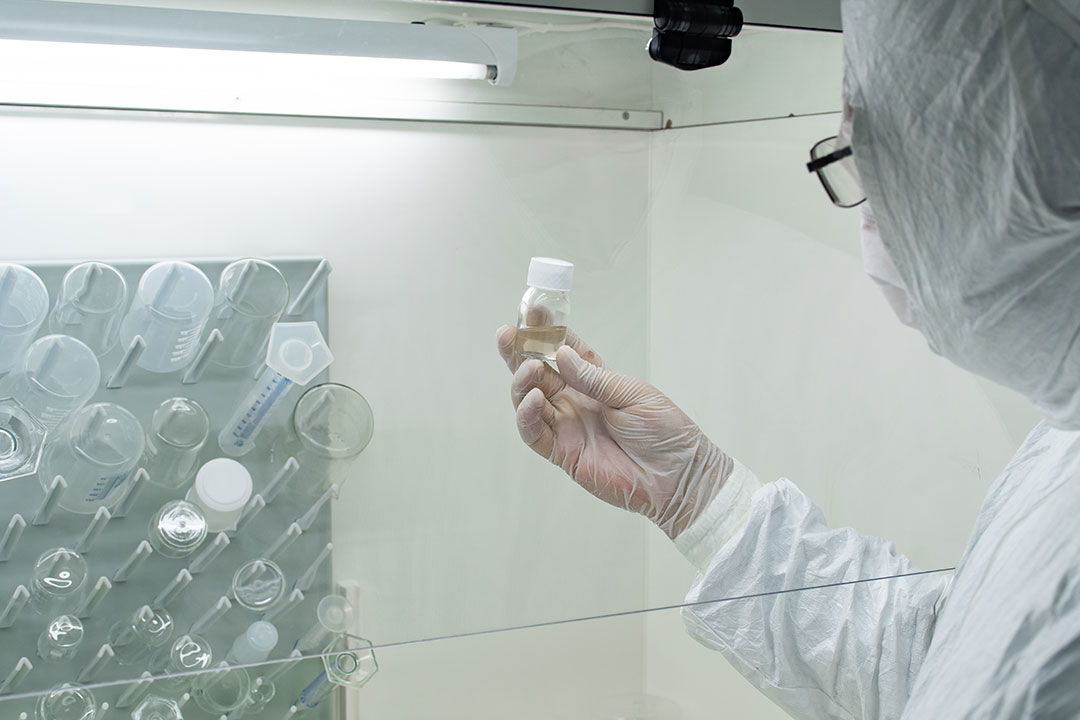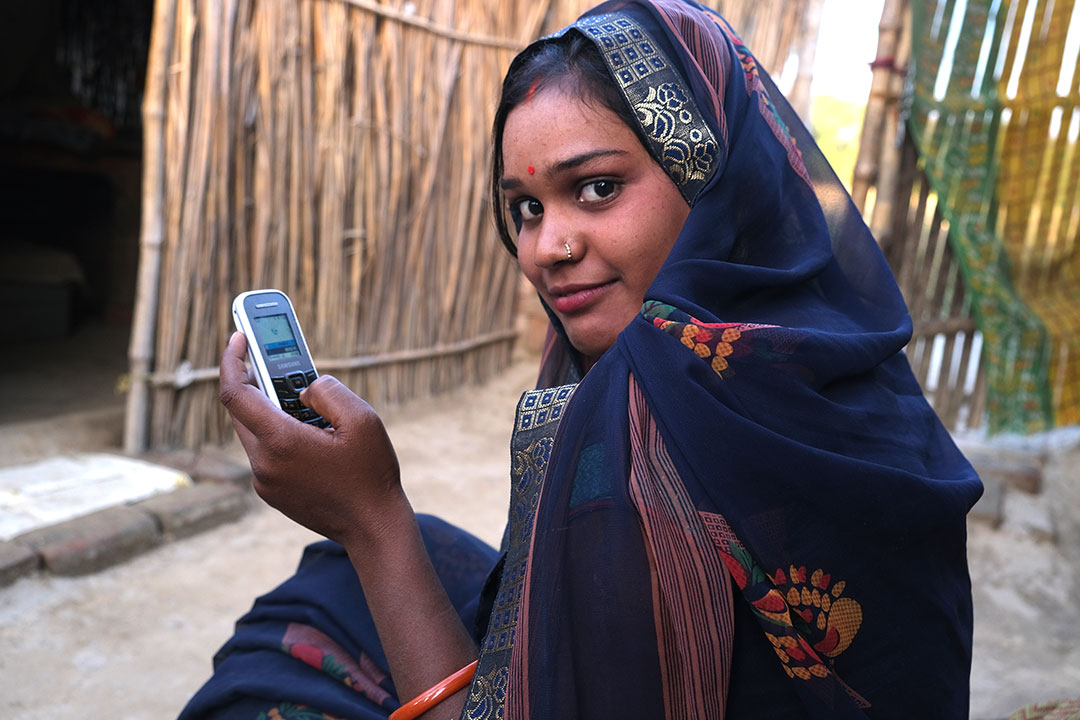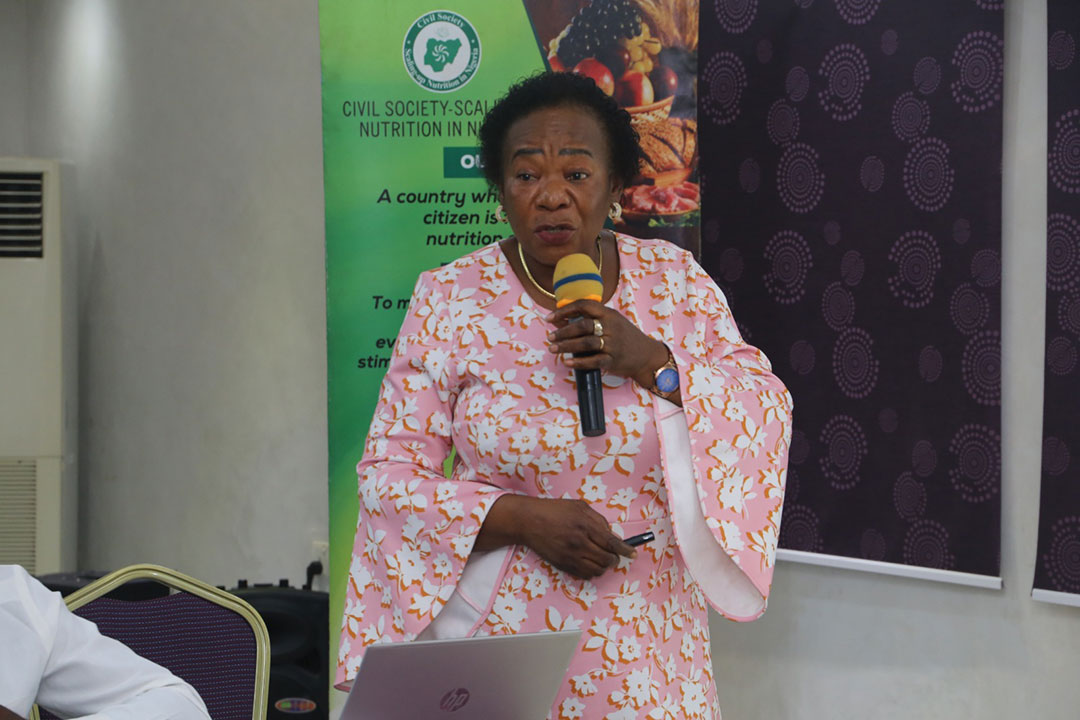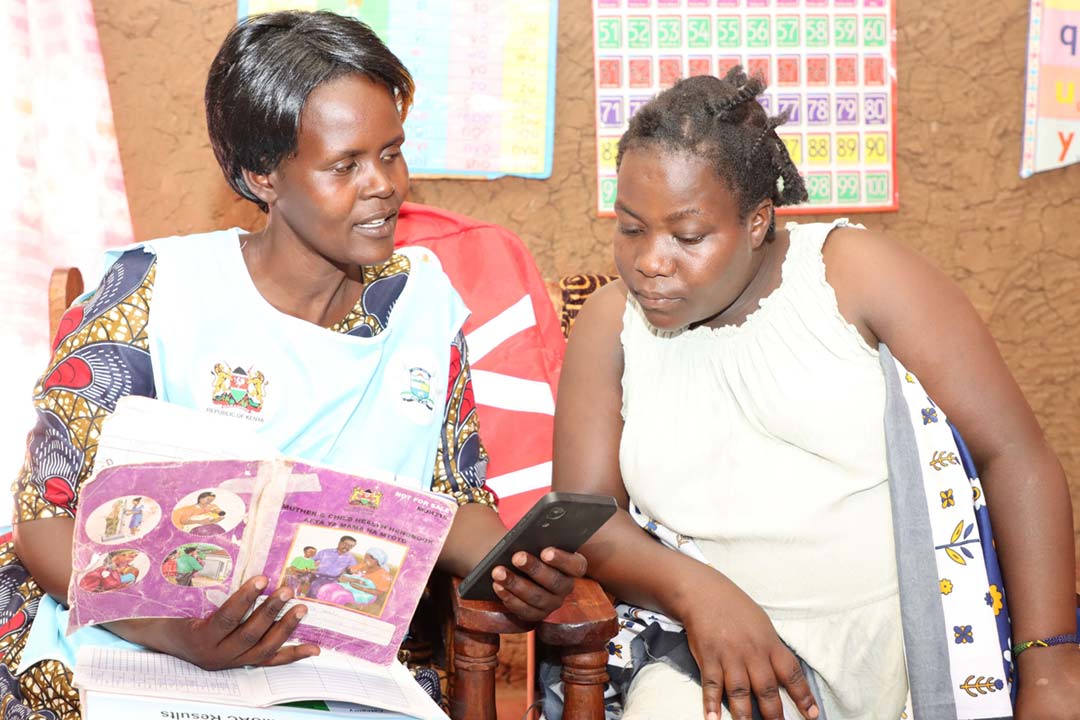Better tracking is ensuring vaccines get where they’re needed in under-resourced regions
What does it take to get a vaccine made in India to a rural clinic in Malawi, or a diagnostic kit assembled in China to a town in Senegal? Miles of travel, hours of storage and lots of planning. But it’s an imperfect process, thanks to an absence of data.
- 31 May 2022
- 4 min read
- by Angela Wipperman

A 2019 McKinsey report found one in four pharmaceutical companies labelled lack of visibility across the supply chain as a risk.
In countries where physical and digital infrastructure is more limited, it can be hard to keep track of what products have ended up where, and when. Traditionally, local healthcare workers have recorded stock information on paper forms and posted them to regional centres. It’s clunky, slow and poses a security risk.
In Senegal, Logistimo partnered with Gavi and the country’s ministry of health to run a pilot of this supply chain tracking platform. So far, it’s working. Since the start of the pilot, health workers have consistently managed to keep stock availability above 95%.
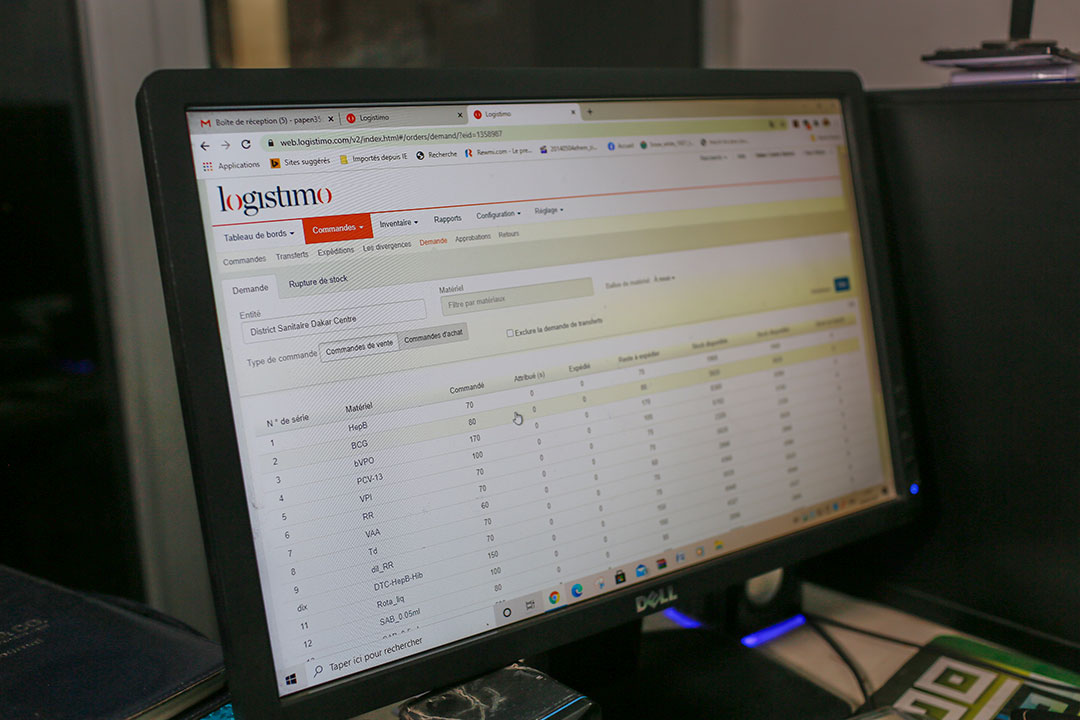
Credit: Gavi/2020/Maya Hautefeuille
But mobile access and the internet have presented new possibilities that companies like Logistimo are keen to explore. The tech company has worked with Gavi since March 2019, having received funding through Gavi’s INFUSE event in 2017. Logistimo has developed an online system that connects individual healthcare workers, using their Android phones, to regional and national centres, allowing for better tracking and management of stock.
“Ministries and healthcare workers on the ground want reliable availability of vaccines at the points of care,” says Anup Akkihal, Chief Executive of Logistimo. “Faithful use of the application results in real-time visibility across a region or country, holding all aspects of the supply chain accountable. Most importantly, these data enable algorithms to optimise and recommend logistical actions to health workers, helping to avoid stockouts and wastage alike.”
The transformative effect of data in Senegal
In Senegal, Logistimo partnered with Gavi and the country’s ministry of health to run a pilot of this supply chain tracking platform. So far, it’s working. Since the start of the pilot, health workers have consistently managed to keep stock availability above 95%. This success is down to two things, Akkihal says.
Firstly, users across Senegal have provided quality data, in part because the apps are designed with their needs at the forefront. Beyond being easy to use, the system affords a seamless experience, even where the internet is patchy. Offline mode means workers can continue to make updates even when the network drops, with data automatically relayed to the cloud when the phone finds a signal.
Have you read?
Secondly, health workers and supervisors in Senegal have taken the project seriously, having absorbed management responsibilities and streamlined costs for the long term.
Dr Ousseynou Badiane, Head of the Immunisation Division at Senegal’s Ministry of Health, has been impressed so far.
“Logistimo came to answer a need that we had, because we really had a lot of difficulties in the management of stocks.”
Badiane’s evaluation has shown people are extremely satisfied with the solution. “It really makes our job easier: less paper and more visibility, easier to track inventory and to be able to place orders. So, even in the areas we haven’t been to yet, there is a strong demand for us to bring the solution as quickly as possible.”
He’s particularly impressed with the real-time data, which gives good visibility over vaccine stocks. “If we don’t have visibility, we will have forecasting problems, but we also risk a lot of waste.”
The success of the Logistimo pilot in Senegal means the Ministry of Health has decided to take over running and managing the system, scaling the project and making it part of the Ministry’s health system.
Improvements incoming
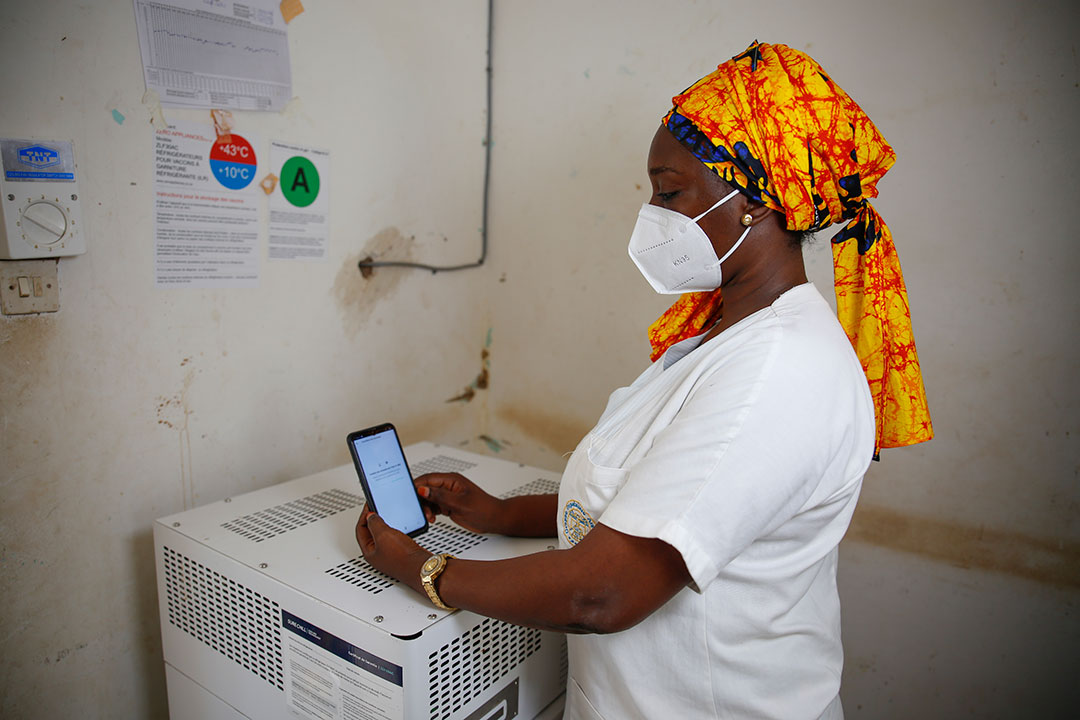
The platform will continue to be updated and improved. For example, while health workers can already use cameras to scan barcodes to update inventories, they’ll soon be able to take a photo of paper inventories themselves, which will be automatically ‘read’ and uploaded to the cloud.
Digital solutions offer visibility, transparency and accountability in the supply chain. Ultimately, this means getting the right care to the right people, whether they live in a city in Spain or a village in Senegal. These solutions save money, time, and most importantly, lives.
More from Angela Wipperman
Recommended for you
